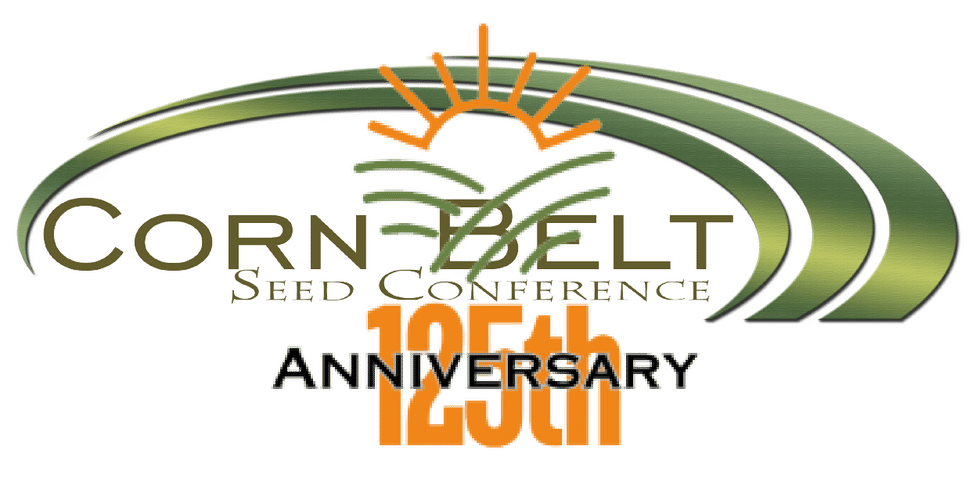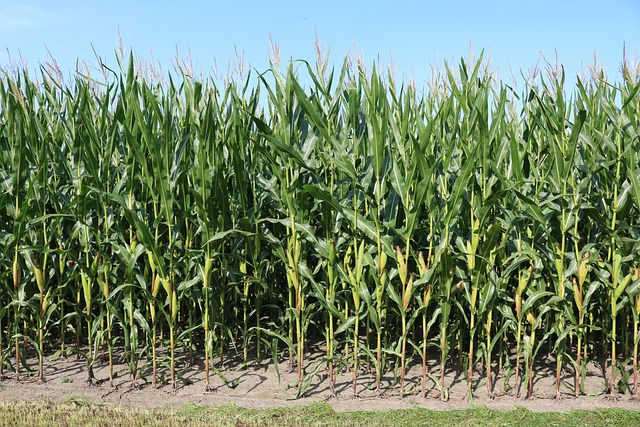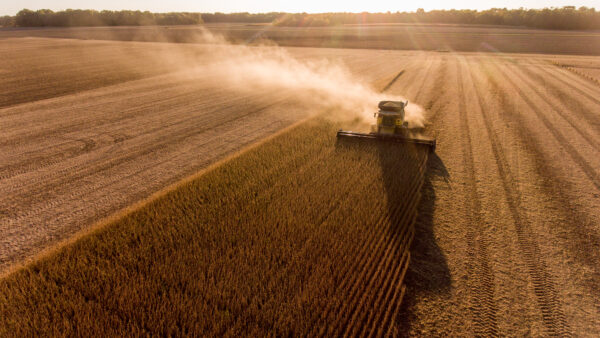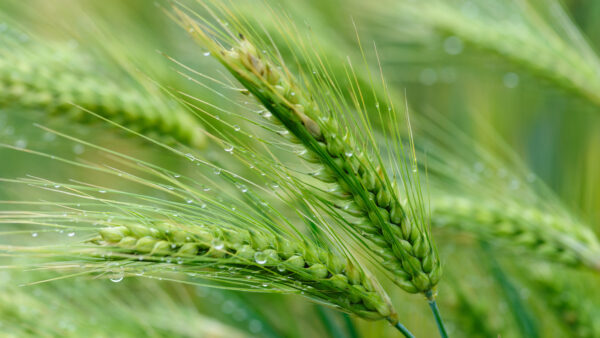As the Indiana Crop Improvement Association (ICIA) marks a historic milestone, CEO Craig Nelson reflects on a century and a quarter of growth, innovation and adaptation as ICIA continues to lead the charge in seed quality.
The Indiana Crop Improvement Association (ICIA) is celebrating a significant milestone this year, marking its 125th anniversary of advancing seed quality and supporting the seed industry. At the 2024 Corn Belt Seed Conference, ICIA CEO Craig Nelson reflected on the association’s deep history and how agriculture has transformed over the past 125 years.
“From the beginning, ICIA has been committed to bringing together the agricultural community,” Nelson shared with attendees. “In fact, we’ve had some form of a meeting or conference for 125 years. You might be wondering why we’re celebrating the 125th anniversary now—well, in 2023, we actually held two Corn Belt Seed Conferences—one in the traditional time in February and another this past November. So, technically, this conference marks our 125th anniversary.”
Nelson also honored the work of Susan Overdorf, who has been integral to organizing the event. “Please give her a shout-out for all the work she’s done in putting this excellent conference together,” he said. “She was clearly the driving force behind making this event happen.”
A Look Back: Agriculture in 1900
As part of the celebration, Nelson took a moment to explore life in 1900 and its stark contrasts with today’s world.
“In 1900, William McKinley was the 25th president of the United States, and the nation only had 45 states,” Nelson explained. “That’s a far cry from today’s 50 states. Education was not as widespread back then—fewer than 2% of young people graduated from high school, and American women could vote in only four Western states.”
The agricultural landscape of the early 1900s was significantly different.
“At that time, 41% of the U.S. workforce was involved in agriculture,” Nelson noted. “Today, that number has dropped to less than 2%. Back then, farms were small, diversified and relied heavily on work animals. There were 22 million work animals in use, and most farms produced five or more different commodities.”
Agriculture’s Transformation: From Work Animals to Mechanized Farms
Nelson emphasized how much agriculture has changed in the last century.
“The 1900 farm was much more diverse, producing multiple crops, and a significant portion of the population lived in rural areas. Today, major production agriculture is concentrated on a small number of large, specialized farms,” he said. “Farms now rely on 5 million tractors in place of horses and mules, and they typically specialize in one or two crops.”
Nelson also pointed to how mechanization and technological advancements have transformed the agricultural workforce.
“Back in 1900, 41% of the U.S. workforce was involved in agriculture, but today, fewer than 2% of the labor force works in ag,” he said. “The change from small, diversified farms to large, mechanized operations has been a remarkable shift—and one that continues to evolve as technology advances.”
The Future of Agriculture
Looking ahead, Nelson acknowledged the ongoing changes shaping the future of agriculture.
“It’s sobering to think about the sheer magnitude of these changes, and it makes one wonder what life will be like 125 years from now,” he said. “With grain technology trends, innovations in crop breeding and shifts in climate and sustainability practices, we are entering an exciting time in agriculture. The work we’re doing today will lay the foundation for the next generation of progress.”
He also emphasized the importance of being forward-looking. “It’s our responsibility to anticipate how these changes will impact our businesses, our communities and the agricultural industry we care about. This conference is one opportunity to reflect on the progress we’ve made—and also to look ahead and adapt to the next generation of change.”
Nelson encouraged attendees to embrace the future with open minds.
“I hope that this conference helps you, in a small way, to embrace and adapt to the changes coming in the next generation of agriculture,” he said. “What we do now is vital in shaping the future of our industry, and it’s up to each of us to stay engaged and continue pushing forward.”













